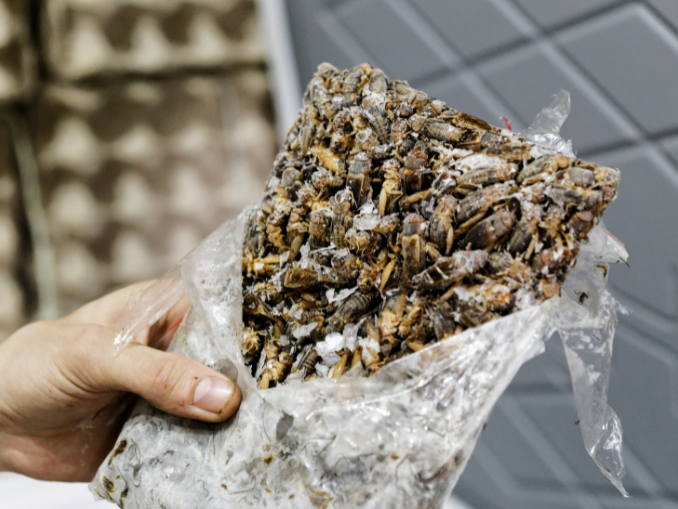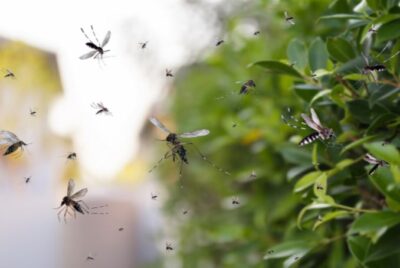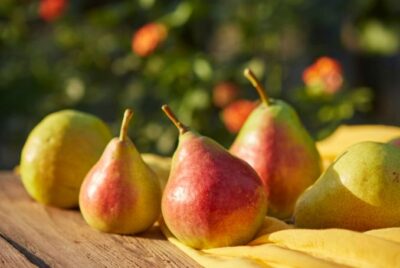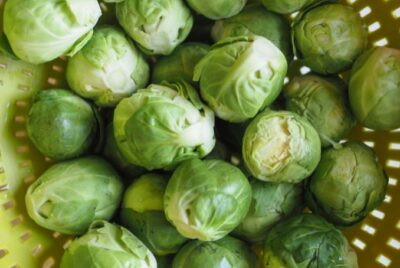Do Chickens Eat Crickets? Everything You Need to Know
Chickens are known for their diverse palate, eagerly pecking at grains, seeds, insects, and even small rodents. Among the myriad of treats available to chickens, crickets often pique the curiosity of backyard flock owners. But do chickens really eat crickets? And if so, what are the implications for their health and well-being?
In this comprehensive guide, we’ll explore everything you need to know about chickens and crickets, from their natural instincts to the nutritional benefits and potential risks.
Do Chickens Eat Crickets?
chickens do eat crickets. Chickens are natural foragers and omnivores, meaning they consume a wide variety of foods, including insects like crickets.
In the wild, chickens instinctively hunt and peck for bugs as part of their diet. Crickets offer a good source of protein, essential amino acids, vitamins, and minerals, making them a nutritious snack for chickens. Many backyard flock owners choose to incorporate crickets into their chickens’ diet as occasional treats or as part of their feed to provide added nutritional benefits.
However, it’s important to introduce crickets in moderation and ensure they are sourced from reputable suppliers to avoid any potential safety concerns. Overall, crickets can be a tasty and beneficial addition to a chicken’s diet.
Natural Behavior
Chickens in their natural habitat devote a considerable amount of their day to foraging for a diverse assortment of insects, including:
- black soldier fly larvae
- mealworms
- crickets
- earthworms
The quick movements of these creatures stimulate the chickens’ naturally curious instincts, turning mealtime into a game of hide-and-seek!
Why opt for crickets when you have store-bought feed available, you might wonder? Cricket farmers consistently provide these protein-rich snacks for pet chickens. Chickens need crickets in their diet because they’re packed with protein, vitamins, and minerals that keep the poultry healthy and thriving. Besides the nutritional benefits, the hunting process also helps stimulate their minds, satisfying their natural behavior.
Read also: Best Bugs and Insects for Chicken Nutrition
Acceptance by Domesticated Chickens
Introducing crickets to your domesticated chickens might initially cause a stir. Some might be apprehensive, while others might dive right in. However, chickens are generally pretty chill about their food. It won’t be long before they develop a liking for these hopping treats, whether they’re live or freeze-dried. And guess what? They might even enjoy a cricket showdown, watching other crickets in action!
Chickens can start this cricket adventure from a young age, just a few days old. So, it’s never too early to add some crunch to their diet. Some breeds, like the Hamburg chickens, are particularly good at pest control and thus, naturally more inclined towards a cricket feast. You can easily buy crickets from pet stores or online suppliers and treat your chickens to a healthy snack.
The Nutritional Benefits of Crickets for Chickens
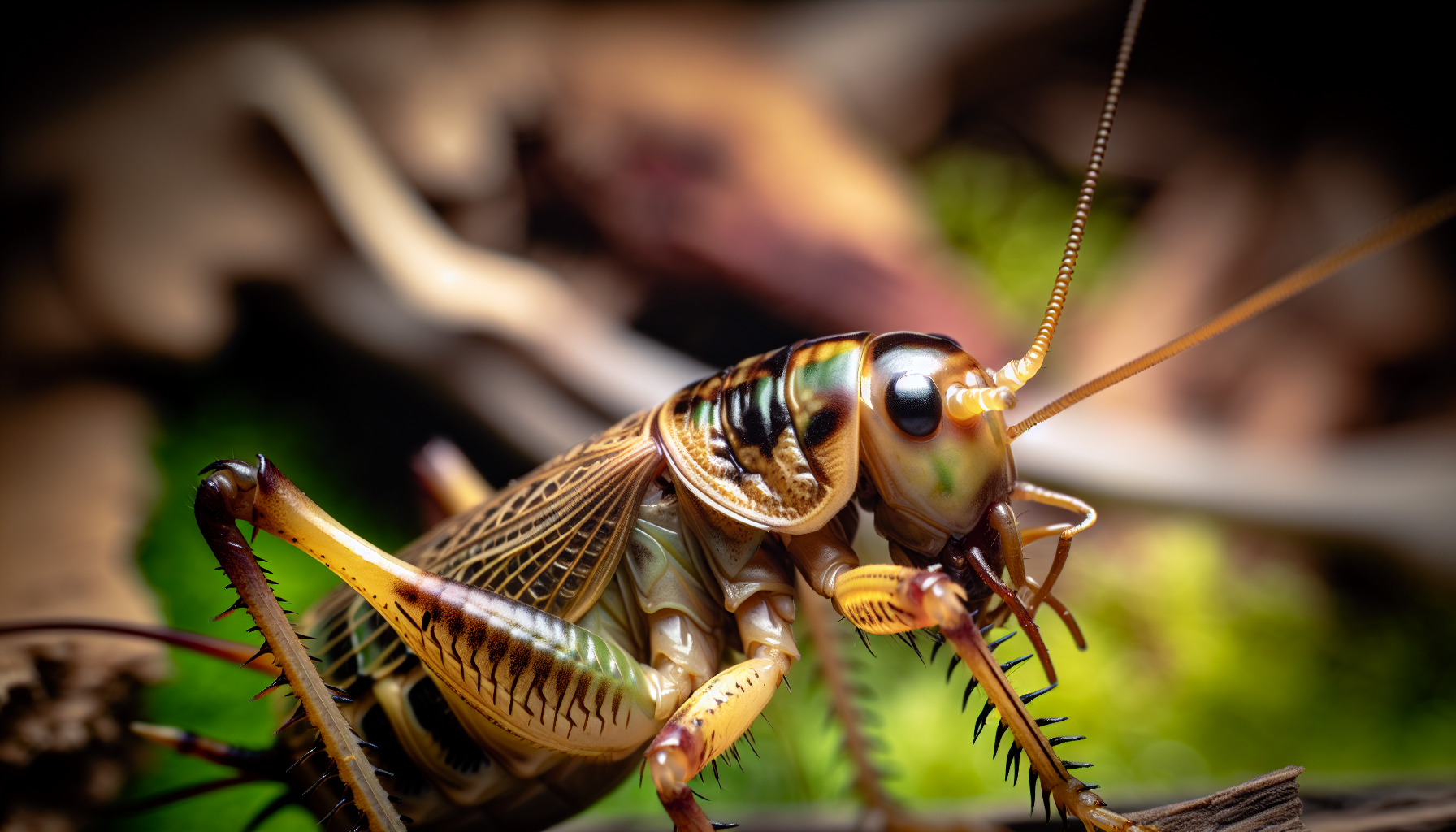
Crickets are more than just an exciting treat for chickens. They’re a powerhouse of nutrition, packed with around 65.5% protein, offering 13.2–20.3 grams of protein per 100-gram serving. But that’s not all. Crickets also bring a cocktail of essential minerals to the table, including calcium, potassium, zinc, magnesium, copper, and iron.
So, each cricket your chicken pecks at is a step towards a healthier life, and consuming cricket eggs can be beneficial too!
Protein Source
Protein is essential for the growth and development of chickens, contributing to the building of muscle tissue and egg production. Now, imagine the benefits of providing your chickens with a protein source that can potentially yield more protein than what they would get from regular poultry feed. Sounds almost like a protein jackpot, doesn’t it?
Crickets come loaded with this lean protein, providing chickens with all the essential amino acids they need for optimal health. This protein-packed diet can help your chickens grow stronger and healthier, aiding in muscle development and egg production. So, it’s safe to say that crickets are not just a source of amusement for chickens but also a significant contributor to their dietary needs.
Bone Health
Crickets are not all about protein; they’re also a valuable source of calcium. With about 170 mg of calcium in every 100 grams, they play a crucial role in maintaining the bone health of chickens. To keep their bones strong and lay eggs, chickens need around 4-5 grams of calcium daily. Here, crickets prove to be a valuable ally.
Calcium helps keep a chicken’s bones sturdy, preventing conditions like osteoporosis and abnormal skeletal development. When compared to other sources of calcium, crickets outshine most plant and animal calcium sources, offering more calcium than common meat products like chicken, pork, and beef. So, when your chicken munches on a cricket, it’s not just gaining protein but also fortifying its bones!
How to Feed Crickets to Chickens

While feeding crickets to chickens might initially appear daunting, it’s actually a simpler process than it seems. Whether you decide to buy them from a pet store, order them online, or even raise them yourself, introducing crickets to your chicken’s diet can be a rewarding experience.
Buying Crickets
You can find live crickets at your local pet stores or from online suppliers like Fluker Farms, The Critter Depot, Exotic Nutrition, Ovipost, and Petco. When buying crickets, make sure to choose the lively and healthy ones. While there are no specific types of crickets meant for chickens, any cricket high in protein and other nutrients can be a great addition to your chicken’s diet.
When ordering crickets online, suppliers usually pack and ship them using priority services to ensure the crickets arrive alive and healthy at your doorstep. So, whether you’re living in the city or the countryside, getting your hands on some crickets for your chickens is just a few clicks away!
Feeding Techniques
Remember that chickens can eat crickets, irrespective of whether they are dead or alive, when you’re feeding them. However, they seem to enjoy hunting live crickets more, as it satisfies their natural instinct to forage. Ideally, chickens should consume about 10-12 crickets per day. You can start by introducing a few crickets and gradually increase the quantity.
There are many ways to present crickets to your chickens as chicken feed. You can scatter them in their enclosure, which not only provides them with a nutritious snack but also turns mealtime into an exciting hunting game. Alternatively, you can use a feeding dish. Either way, you’ll be enriching your chicken’s diet and making their day a little more interesting!
Raising Your Own Crickets for Chicken Snacks

Should you wish to take on a challenge and play a more active role in your chickens’ diet, raising your own crickets is an option to consider. While it requires some initial setup and regular care, the process can be quite rewarding. Not only will you have a steady supply of fresh, healthy crickets for your chickens, but you’ll also have full control over their diet.
Cricket Housing
When it comes to housing crickets, a ten or twenty-gallon aquarium or similar container works great. Crickets require good ventilation for fresh air and to prevent excessive humidity. You can use egg crates and empty toilet paper tubes as hiding spots. These provide shelter and crawling space for the crickets, mimicking their natural environment.
For egg-laying, provide damp bedding such as:
- peat moss
- coconut husk
- sand
- soil
- felt
These substrates not only provide a surface for the crickets to lay their eggs, but also maintain a conducive environment for the eggs to hatch and the young crickets to grow, keeping them safe from potential threats like dead bugs.
Cricket Care
Crickets need a balanced diet to thrive. You can feed them a mix of foods like prepackaged reptile gut-loading formula, tropical fish flakes, leafy greens, and pulverized dry cat food. Fresh fruits and veggies like dark leafy greens, squash, sweet potatoes, carrots, oranges, apples, and potatoes provide the necessary nutrition. For water, a damp cloth in a plastic bowl works well, especially for medium to large crickets or during hot weather.
The ideal temperature for raising crickets is between 20⁰C and 35⁰C (72°F to 95°F). The humidity level should be around 70-80%, which can be maintained by spritzing the cricket pad occasionally or ensuring there’s always water around. Providing hiding places in the form of bark, stones, or egg crates can help create a more natural environment for the crickets.
Potential Risks and Precautions of Feeding Crickets to Chickens
Just like any other dietary changes, the inclusion of crickets in your chickens’ diet carries potential risks. Crickets can carry diseases and parasites that could harm your chickens. Therefore, it’s essential to follow some basic biosecurity measures and consult a veterinarian before starting this new dietary journey.
Parasites and Diseases
Feeding wild crickets to chickens is not recommended as they may carry parasites like cecal worms and diseases like Salmonella and coccidiosis. These can infest chickens and cause digestive issues and behavioral changes. Therefore, commercially raised crickets are a safer option as they are less likely to carry these parasites and diseases.
Commercial cricket farms take measures to prevent overcrowding, reducing the chances of spreading parasites and diseases. So, while introducing crickets to your chickens’ diet can be an exciting change, it’s essential to ensure these crickets come from a safe and reliable source.
Consultation with a Medical Professional
Before you make any changes to your chickens’ diet, it’s always a good idea to consult with a veterinarian. This will ensure that introducing crickets to their diet is safe and suitable for your specific flock. A vet can guide you on how many crickets to give your chickens, any potential issues to look out for, and what adjustments might be necessary in their overall diet.
Look out for signs such as:
- a big belly
- lethargy
- increased drinking
- sitting in the nest box
- runny or bloody poop
- weight loss
- looking scruffy
These could indicate dietary issues or other health problems. If you observe any such signs, it’s best to consult a vet immediately.
The Impact of Crickets on Chicken Behavior and Well-being

Providing chickens with crickets goes beyond just offering a protein-rich snack. It contributes significantly to their mental and physical well-being. The instinctive hunting process stimulates their minds, reducing boredom and contributing to a happier, healthier flock.
Mental Stimulation
The thrill of the chase and the reward at the end provide mental stimulation for chickens. The quick movements of the crickets keep them alert and engaged, reducing boredom and stress. Studies have even found that such engagement can make chickens more cognitively, emotionally, and socially complex, contributing to a more harmonious flock.
Moreover, keeping chickens mentally engaged can improve their productivity. A stimulated and happy chicken is likely to live longer and lay more eggs. So, by adding crickets to their diet, you’re not just enhancing their meals but also improving their lives!
Exercise
Chasing crickets provides chickens with much-needed exercise. It encourages them to run, jump, and flap their wings, promoting physical health. Regular exercise is vital for chickens’ overall health, helping to prevent obesity and associated health risks.
In addition to keeping them fit, the foraging and chasing activities also allow chickens to engage in natural behaviors like scratching, pecking, and dustbathing. These activities contribute to their overall well-being, making them happier and more productive. So, by feeding your chickens crickets, you’re not just providing a nutritional snack but also promoting a healthier lifestyle.
Consider Crickets to Your Chicken’s Diet
Feeding crickets to chickens is a simple and effective way to enhance their diet, stimulate their minds, and promote physical exercise. While it requires some planning and consideration, the benefits of this natural, protein-rich snack are undeniable, contributing to healthier, happier chickens. So, why not give it a try? Your chickens might just surprise you with a cricket-induced performance!

